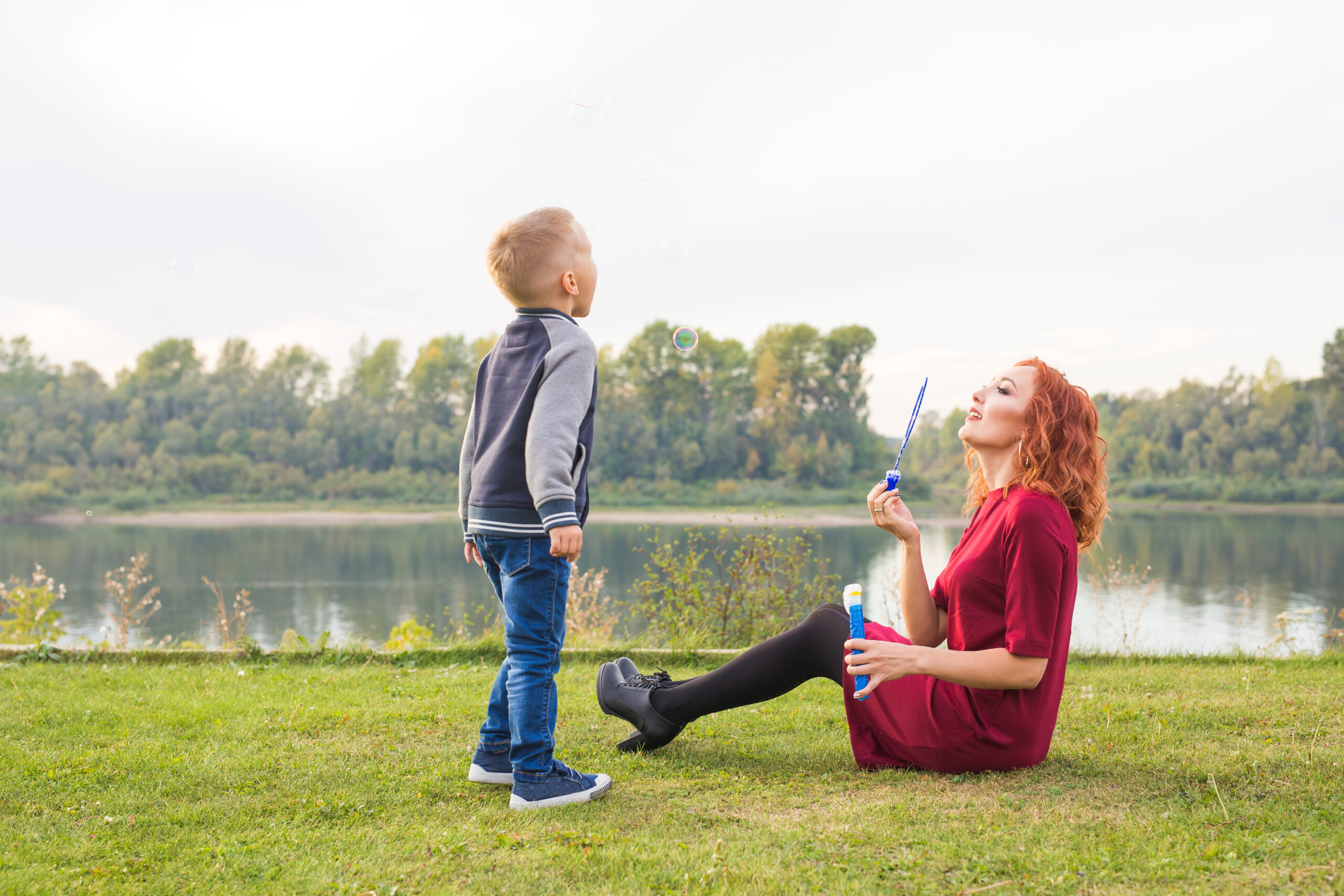Mindful Parenting with Vedangi Brahmbhatt: Nurture, Connect, Thrive

Strong 8k brings an ultra-HD IPTV experience to your living room and your pocket.
Parenting is one of the most beautiful, challenging, and rewarding journeys in life. From the moment you hold your child for the first time, your life changes in ways that are impossible to imagine until you experience them. Every parent wants the best for their children, but the path to raising happy, confident, and compassionate kids isn’t always straightforward. That’s where mindful parenting comes in—a gentle, powerful approach that focuses on presence, connection, and growth for both parent and child.
What is Mindful (Conscious) Parenting?
At its heart, mindful or conscious parenting is about bringing awareness, patience, and understanding into our interactions with our children. Instead of reacting automatically to challenges or difficult behaviors, it invites us to pause, notice what’s happening in the present moment, and respond with empathy and intention. It’s not about being a perfect parent—such a thing doesn’t exist. Rather, it’s about being present with your child, accepting their feelings, and nurturing a relationship based on trust and respect.
Mindful parenting isn’t just about managing children’s behavior. It is about cultivating your own ability to stay centered, even when things are stressful. It means letting go of harsh judgments—of yourself and your children—and choosing compassion instead. When you approach parenting with this mindset, you create a home environment that feels safe, loving, and accepting.
Why Mindful Parenting Matters
The world is full of pressures and distractions for both parents and children. Busy schedules, work demands, social expectations, and screens can all pull us away from meaningful connection. Mindful parenting encourages us to slow down and truly listen—to our children’s needs and to our own hearts. This helps foster a deeper bond and supports healthy emotional development.
Children learn from what they see and experience. When we practice calmness, patience, and emotional awareness, our children are more likely to develop those qualities themselves. They learn it’s okay to make mistakes and that feelings can be expressed openly and safely.
The Power of Connection
One of the greatest gifts you can give your child is a deep sense of connection. This connection isn’t built in grand gestures but in small, everyday moments—sharing a story, noticing a flower together, or offering a comforting hug. It’s about being fully present, putting away your phone, and giving your child your undivided attention for a few minutes each day.
Connection also means understanding your child’s unique personality. Every child is different. Some kids are spirited and energetic; others are quiet and reflective. Mindful parenting recognizes these differences and encourages parents to meet children where they are, embracing them as they are, rather than expecting them to fit a certain mold.
Learning Together with Parenting Classes
Many parents find themselves wishing they had a manual for raising children. While every child and family is unique, parenting classes can be a valuable resource. These classes provide practical tools, expert guidance, and a supportive community all designed to help parents grow alongside their children.
Parenting classes rooted in the principles of conscious parenting offer more than techniques for discipline or behavior management. They help parents understand childhood development, build emotional intelligence, and foster open communication. With Vedangi Brahmbhatt’s approach, the focus is on nurturing not just the child, but the parent as well. This two-way learning helps build stronger relationships and more resilient families.
Navigating Challenges with Empathy
No family is without challenges. Tantrums, sibling rivalry, sleep struggles, and school pressures are all part of the parenting landscape. The mindful parenting approach urges us to face these moments with empathy. Instead of reacting with frustration or punishment, we try to understand the underlying feelings—perhaps tiredness, hunger, or a need for reassurance.
This does not mean letting children do whatever they want. Boundaries are essential for safety and growth. Rather, it means setting those boundaries with kindness and clarity. For example, instead of saying, “Stop shouting—go to your room!” you might say, “I can see you’re upset. Let’s take some deep breaths together and talk about what’s bothering you.” Over time, this way of connecting builds emotional strength and mutual respect.
Simple Everyday Practices
If you’re new to mindful parenting, start small. Here are a few ways you can nurture, connect, and thrive as a family:
Practice deep listening: Give your full attention when your child speaks.
Take mindful pauses: When you feel upset, pause, take a breath, and respond with intention.
Share gratitude: End each day by sharing something you’re grateful for together.
Model self-care: Show your child that caring for yourself is important too.
Reflect together: Ask your child how they’re feeling and share your feelings honestly (in age-appropriate ways).
Growing Together
Mindful parenting is a journey, not a destination. It will change as your children grow and as you learn more about yourself. By nurturing presence, deepening your connection, and allowing both yourself and your child to thrive, you lay the foundation for a love that is strong and lasting.
Remember: Every day is a new opportunity to build trust, understanding, and joy in your family. Embrace it with an open heart. If you’re interested in learning more about conscious parenting or joining parenting classes, you’re already on a wonderful path. Each step you take brings more compassion, calm, and connection into your home—and that’s the greatest legacy any parent can offer.
Note: IndiBlogHub features both user-submitted and editorial content. We do not verify third-party contributions. Read our Disclaimer and Privacy Policyfor details.



